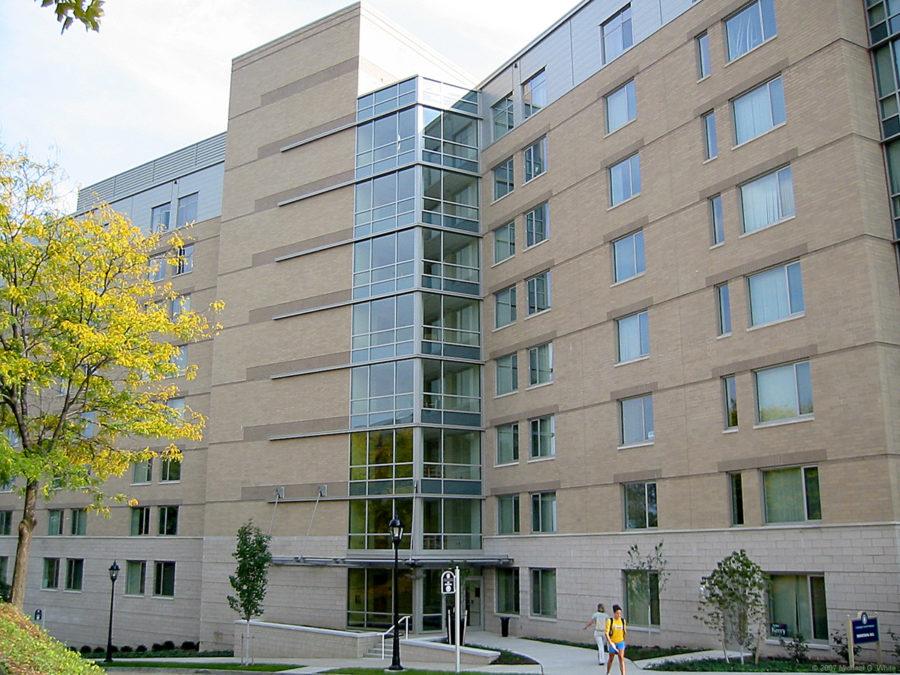Pitt’s Board of Trustees elected four new members, approved construction projects and renamed Pennsylvania Hall at their June 30 meeting.
Pennsylvania Hall — which has held that name since its construction in 2004 — is now named K. Leroy Irvis Hall to honor K. Leroy Irvis, a Pitt alumnus and long-serving speaker of the Pennsylvania House of Representatives who passed away in 2006.
This is one of many honors Pitt has bestowed on Irvis. He was among the first class of Pitt Legacy Laureates in 2000, receiving the distinguished alumni award from the law school in 2004. The renamed building won’t be the first piece of Pitt architecture to display his name either — Pitt established the K. Leroy Irvis Reading Room in Hillman Library in 2001.
The board also re-elected Eva Tansky Blum as board chair, a position she’s held since 2015, and elected four new members — Louis Cestello, Tamara Haddad, Jeannine Schoenecker and Shawndya Simpson.
Simpson was elected last year to the New York Supreme Court. She is a Pitt alum, having earned both her bachelor’s and law degree at the University, in addition to Pitt’s Distinguished Alumnae Award.
Schoenecker currently works as the president and chief operating officer of the American Refining Group. She is the first woman to hold that role.
Previously working as journalist, producer and political advisor, Haddad founded the broadcast firm Haddad Media in 2007. She earned her degrees in communication and English literature at Pitt.
Cestello, the last of the four newly elected members, is PNC’s executive vice president, head of regional markets and regional president for Pittsburgh.
In addition to electing new members, the board approved construction projects — including renovations to Alumni Hall, the Cathedral of Learning and Hillman. A news release said, when combined with other approved projects, they will create over 500 jobs, but did not provide any further details on the specifics of the projects.
The board also discussed Pitt Titusville following an analysis released in June that listed several options for the future of the campus — including closure. The University plans to pursue options that involve Pitt partnering with other organizations and sharing the operation of the campus, according to the release.


